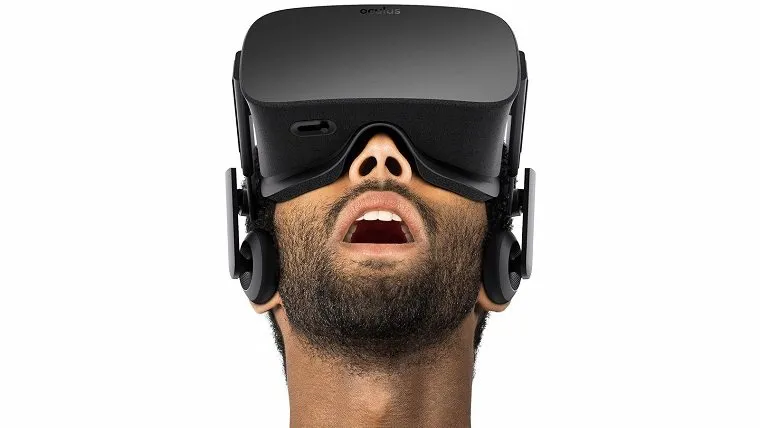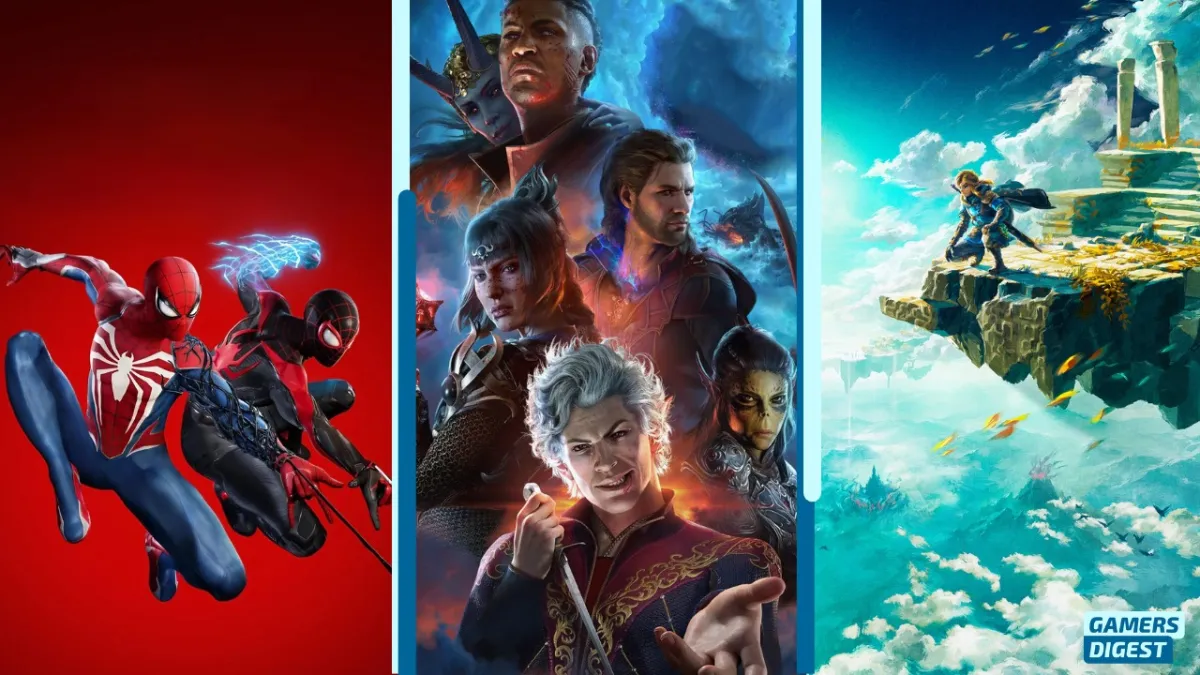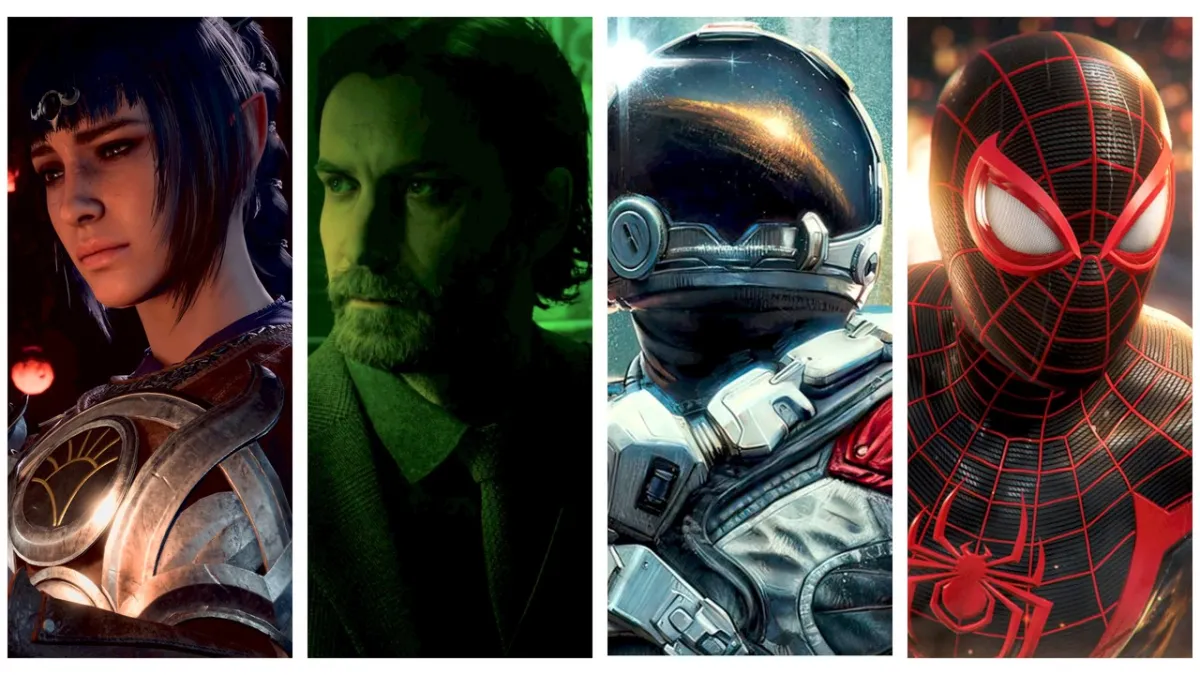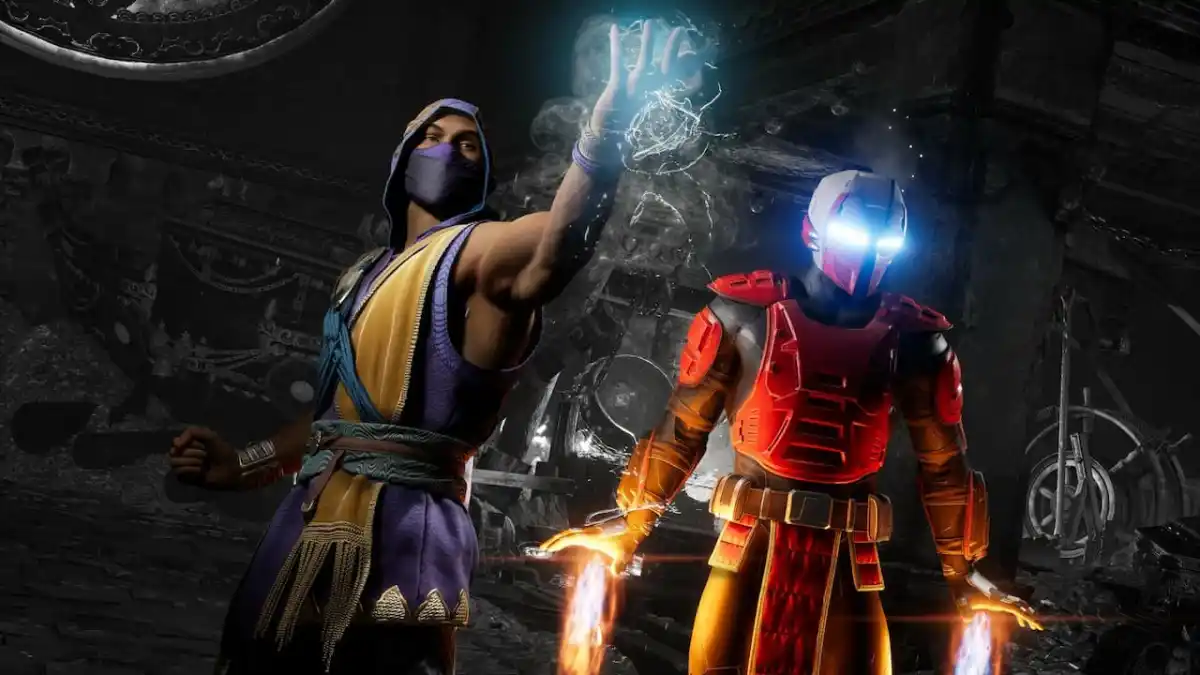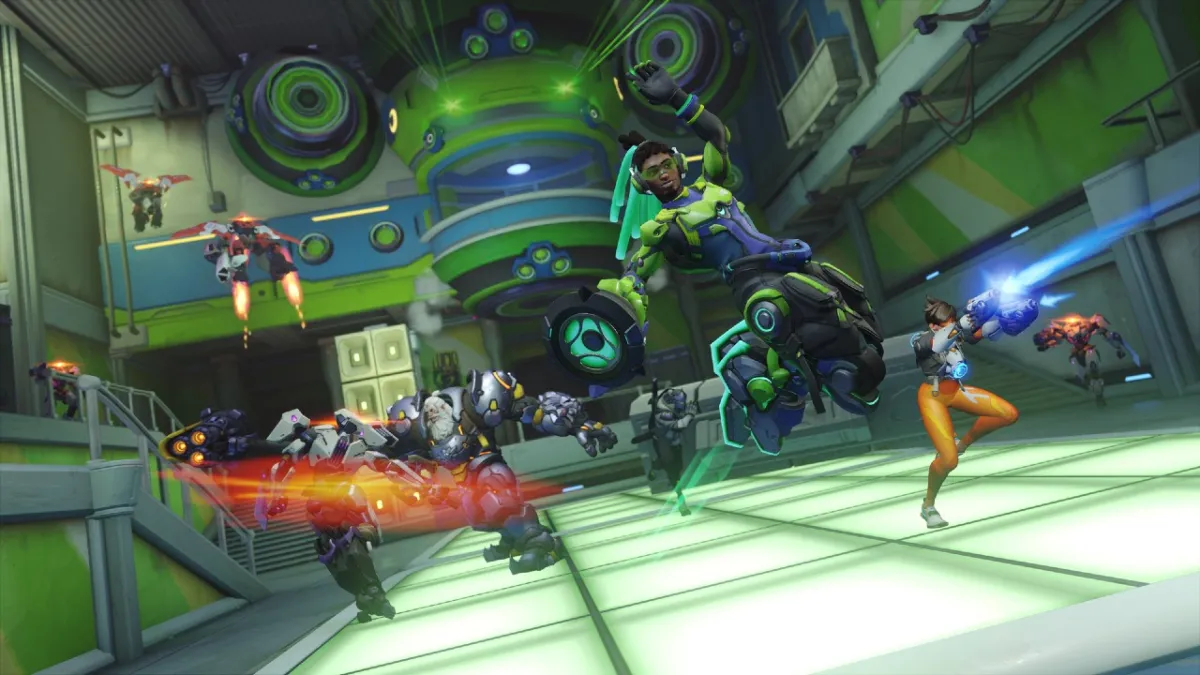2016 was the year of VR by almost everyone’s estimation. After years of simmering underneath the surface, only truly being adopted by the most die hard of early adopters, the technology arrived in stores and online for everyone to buy and enjoy. And enjoy it they did, with many proclaiming that VR would usher in a new era of gaming immersion. Now, a year after launch, some cracks have formed, and some of the early cynicism has been validated. Reports have come out that look grim, prompting many to ask if VR gaming is in trouble, or is all of this just the growing pains of a new and burgeoning industry.
VR gaming has some growing pains, some of which could lead to its downfall
First off, let’s discuss that report, which is titled “Despite Hype, VR Investment Fades In Q1 2017.” That’s pretty doom and gloomy, but remember that this is just talking about investments in a business sense. Sure, that is very, very important, but it’s not saying that sales are down, which would be the real death spiral concern.
Instead this report looks mostly at investments coming from venture capitalist firms, which are important for helping growing tech start ups. According to the report “VCs are showing a diminished appetite for virtual and augmented reality startups this year compared to last. Both the number of funding rounds and total investments made into the space have slowed down in Q1 2017.”
According to the figures, in the first quarter of 2017 firms raised $200 million in investment for VR and AR technology. This compares to over $1 billion from last year, a marked difference. But where does that difference come from? Is it lower across the board, or was there some outlier skewing the numbers? Looking closer, it seems to be the latter.
“The spike in Q1 2016 is largely due to a single financing, a Series C round of nearly $800 million for cinematic VR technology developer Magic Leap,” reads the report. “That single round is more than four times the size of any other VR-related funding.” Taking out the massive investment into Magic Leap pretty much brings the numbers back in line, showing a stable investment into VR.

Of course, with the technology now in the hands of thousands of eager gamers, perhaps investment should be going up, rather than remaining stable. It’s clear, despite the issues with this report, that VR gaming isn’t taking off like a rocket. Sales were strong right out of the gate, though the Oculus Rift was pretty close to a completely failed launch due to various issues.
Now that we’re past the launch window, how does the VR gaming space look? Well, here’s where the true problems lie, though they aren’t anything unique to VR. A slew of tech demo titles, an overall lack of quality experiences, and a feeling that the real potential of the technology isn’t being reached. This definitely describes VR, but it also describes nearly every major technology launch of the last few decades. New consoles, DVD players, HDTVs, etc. All of these things started small, grew rapidly with early adopters, then stagnated for a bit while the market caught up.
VR gaming seems to be following this same track, though it’s at a critical point right now. Early adopters all have their headsets at this point, and the only new purchases likely come from those buying a new VR capable PC, or jumping into the PSVR market. There have been some high profile releases, such as Rick and Morty: Virtual Rick-ality, but these have mostly played into VR’s major faults at the moment, rather than overcoming them. Most games are short experiences that don’t offer what is expected from major AAA games.
PSVR seems to have the lead here, with games like Resident Evil 7 being entirely playable in VR. The problem is that this doesn’t offer a unique experience, merely an augmented one to that achieved with just a PS4 and a TV. We do get unique experiences, but still in smaller chunks that many gamers aren’t interested in. So basically, VR gaming needs its killer app.
There are some amazing VR games, such as Audioshield, Robo Recall, Superhot VR, and Rick and Morty. One issue with a lot of these, like Robo Recall, is that they are exclusive to Oculus Rift. This fragmentation was something most VR enthusiasts hoped to avoid, but Oculus pushed it hard once they were owned by Facebook. After making an investment of hundreds, possibly thousands of dollars, it’s tough to tell a new customer that the game they want to play isn’t available because they bought a different headset.
So, VR gaming has some growing pains, some of which could lead to its downfall. Still, the state of VR seems strong, with the caveat that it definitely could be stronger. So if you ask me if VR gaming is in trouble my answer is no. I am worried though. If the technology doesn’t overcome its current issues it could definitely fade and become a novelty rather than the new gaming revolution that it could become. This year should be a defining one, but so far we haven’t seen anything major on the horizon. Perhaps when wireless VR makes its way to the market we’ll see a major uptick in activity.


